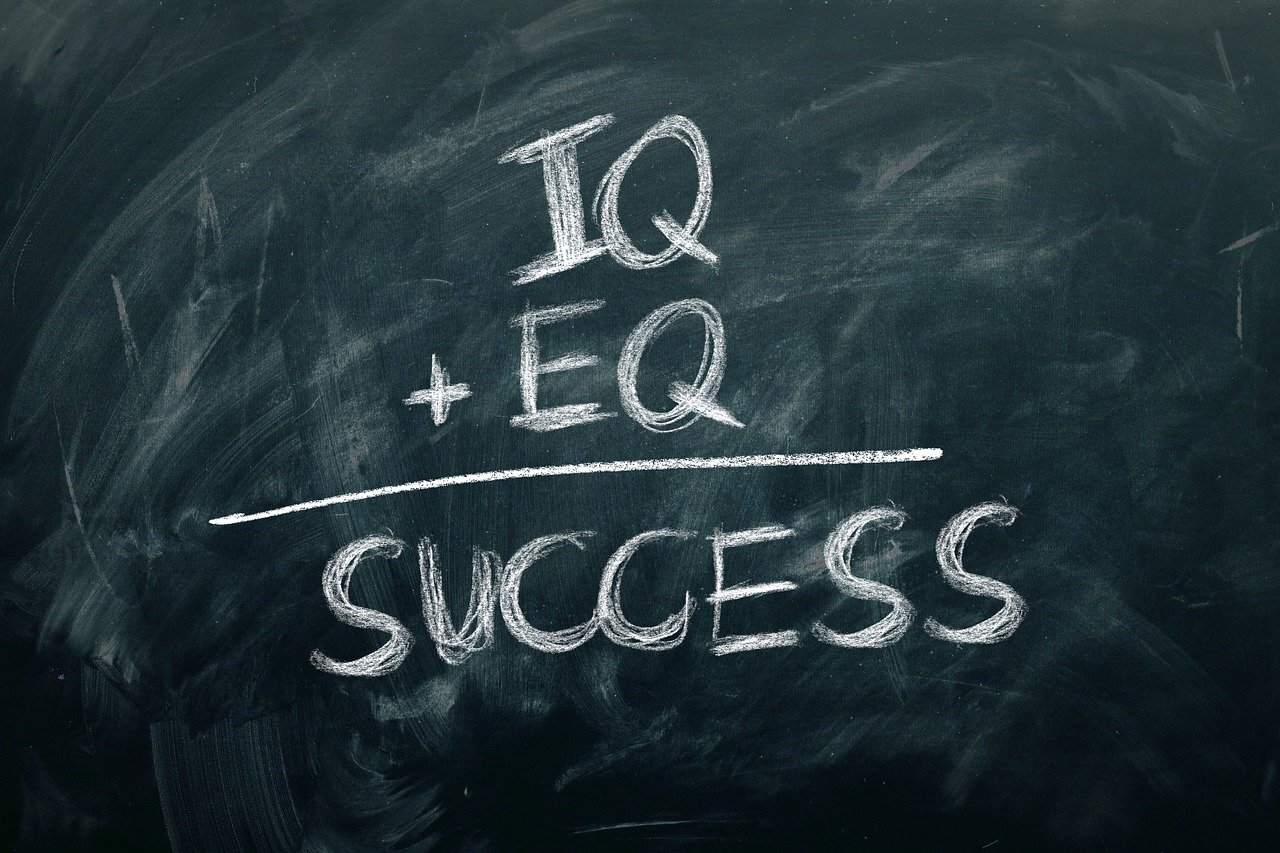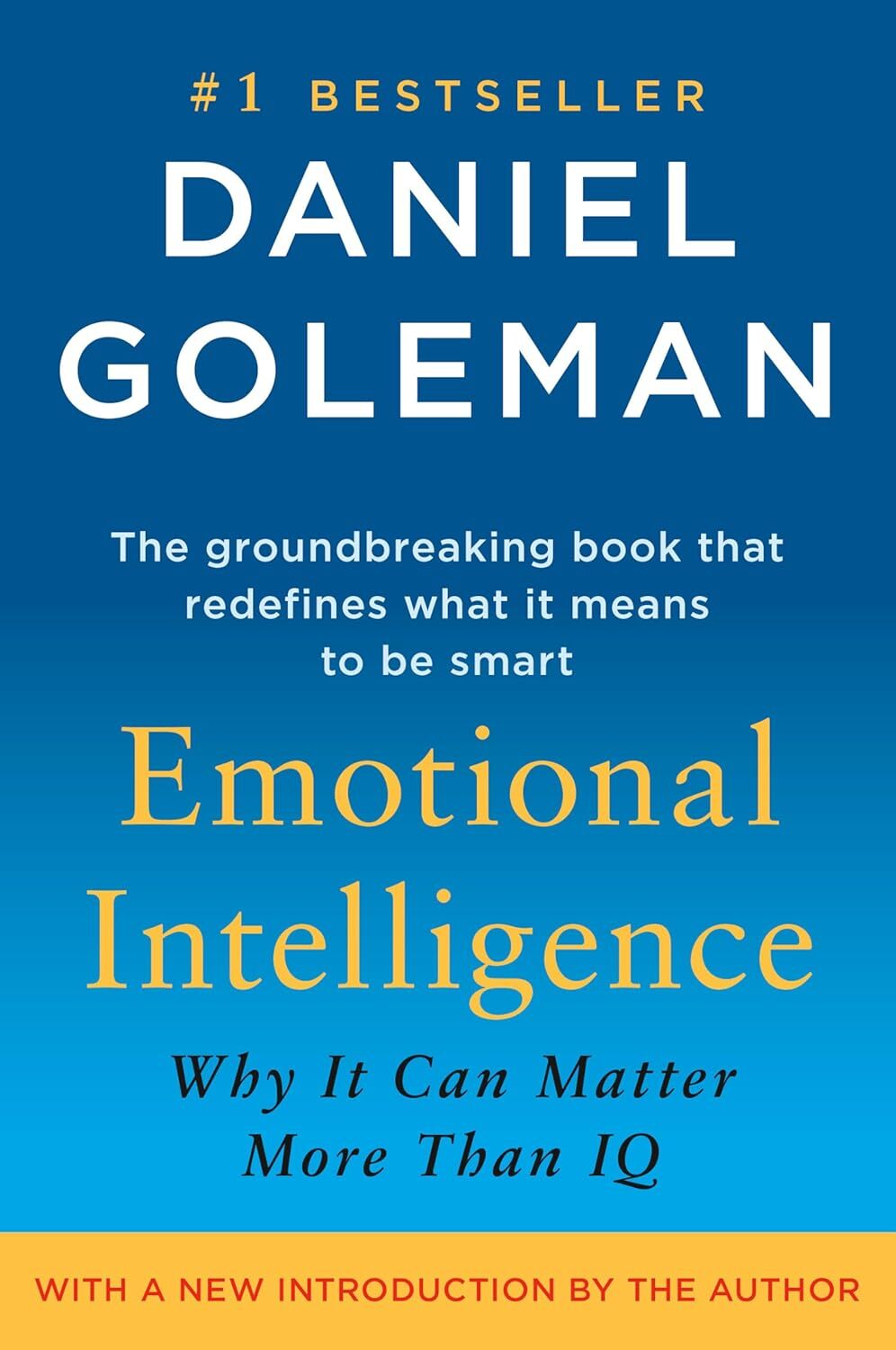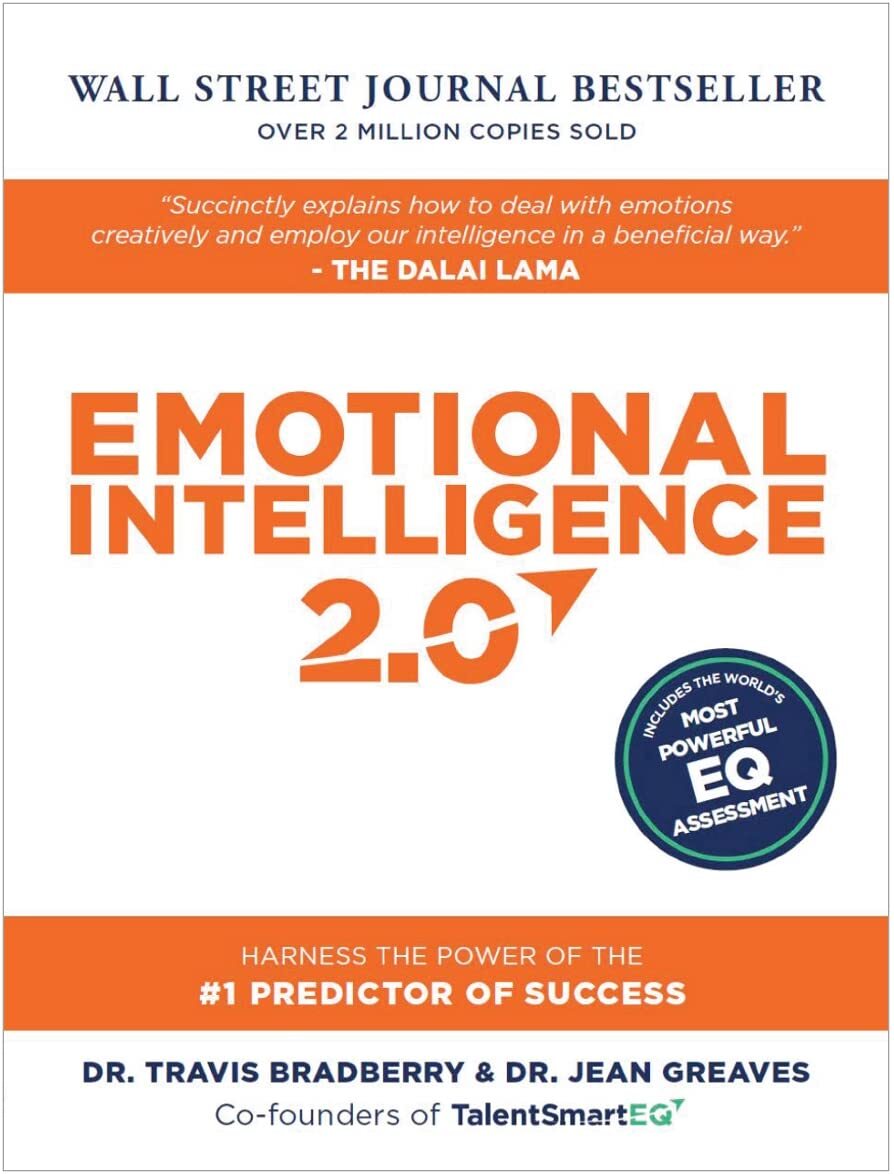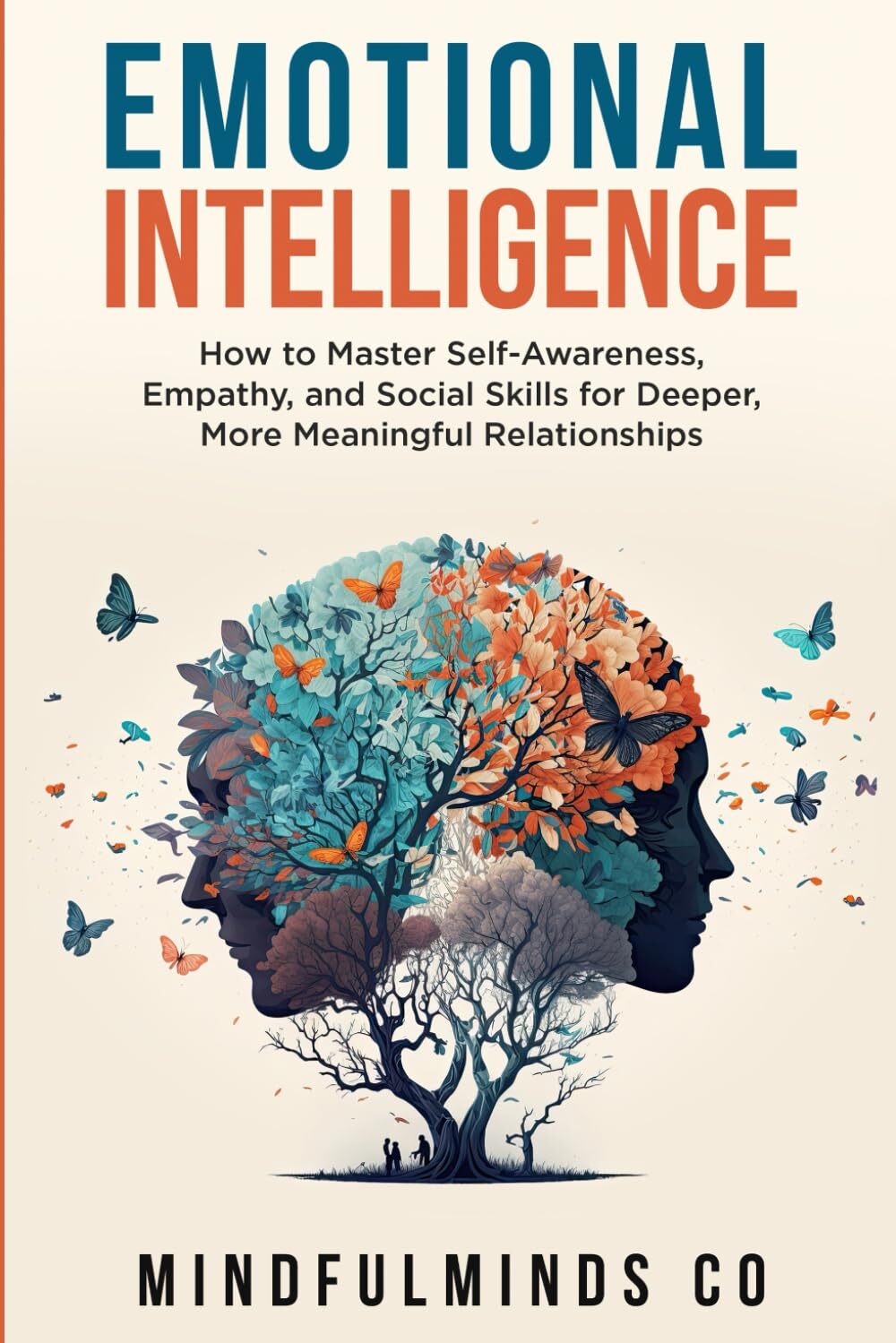Emotional Intelligence
Process Complex Emotions to Enhance Social Connection

Introduction
Emotional Intelligence (EI) is the ability to recognize, understand, and manage your own emotions while empathizing with others. For cancer survivors, emotional intelligence encourages emotional regulation, improves relationships, and supports coping with the complex and highly charged emotional challenges that are a central feature of the cancer recovery process.
What You Need To Know
How To Do It
Instructions:
1. Prepare Your Tools
- Use a notebook, journal, or digital app to track emotions and reflections.
- Allocate 5–10 minutes in a quiet space.
- Identify your emotions (e.g., “I feel anxious about my next scan”).
- Learn to understand the complex range of emotions that you encounter during your cancer journey.
- Write down triggers and physical sensations (e.g., racing heart) in an emotion log.
- Practice your ability to manage and control your emotions, impulses, and behaviors in a healthy way.
- Use breathing techniques, sensory awareness, guided imagery, etc. to calm your most intense emotions.
- Reframe negative emotions (e.g., “Anxiety is normal; I can manage it with deep breathing”).
- Develop your positive thinking skills, then pair them with your desire for achievement to build a dependable internal drive.
- Set small, value-driven goals (e.g., “I’ll connect with a friend today to feel supported”).
- Use positive self-talk (e.g., “I’m doing my best, and that’s enough for today”).
- Use social awareness to enhance your ability to understand the emotions and viewpoints of others.
- Reflect on others’ perspectives (e.g., “My caregiver may feel stressed too”).
- Practice active listening: Focus fully on others without planning your response.
- During treatment, you are naturally the center attention. Make a point of focusing and recognizing others during your treatment.
- After treatment, since you're no longer the center of attention, it's typical to feel somewhat abandoned. Reduce loneliness and isolation by purposefully reaching out to others to strengthen your social support network.
- Focus on your relationship management skills. Improve your ability to build and maintain strong relationships through effective communication, conflict management, and teamwork.
- Communicate your needs clearly (e.g., “I need quiet time after in the afternoons.”).
- Use “I” statements to express feelings (e.g., “I feel overwhelmed when plans change.”).
- Review your emotion log weekly to identify patterns and improvements.
- Adjust strategies based on recovery needs or treatment changes.
- If emotions feel overwhelming, pause and practice mindfulness techniques.
- Seek a therapist or counselor for guided EI support, if needed.
Helpful Tips:
- Start small: Focus on one emotion or interaction at a time, if fatigued.
- Be patient: Emotional awareness develops with practice.
- Use prompts: Ask, “What am I feeling right now?” or “How can I support others?”
- Stay flexible: Adapt strategies to recovery stages.
- Combine with mindfulness: Pair with meditation to enhance self-awareness.
- Track progress: Note changes in emotional regulation or relationships.
- Consult professionals: Work with a therapist for EI coaching.
- Practice empathy: Small acts of kindness boost connection.
- Celebrate progress: Acknowledge improved emotional clarity or interactions.
Disclaimer: The information on Survivor Site is for general informational purposes only and is not a substitute for professional advice, diagnosis, or treatment. Always consult a qualified healthcare provider before starting medical, psychological, or wellness practices.
Related Topics:
Strongly Related
Reduce Stress:
[Links to related web pages]
[Links to related web pages]
[Links to related web pages][Links to related web pages]
Moderately Related
Issue B:
[Links to related web pages]
[Links to related web pages]












